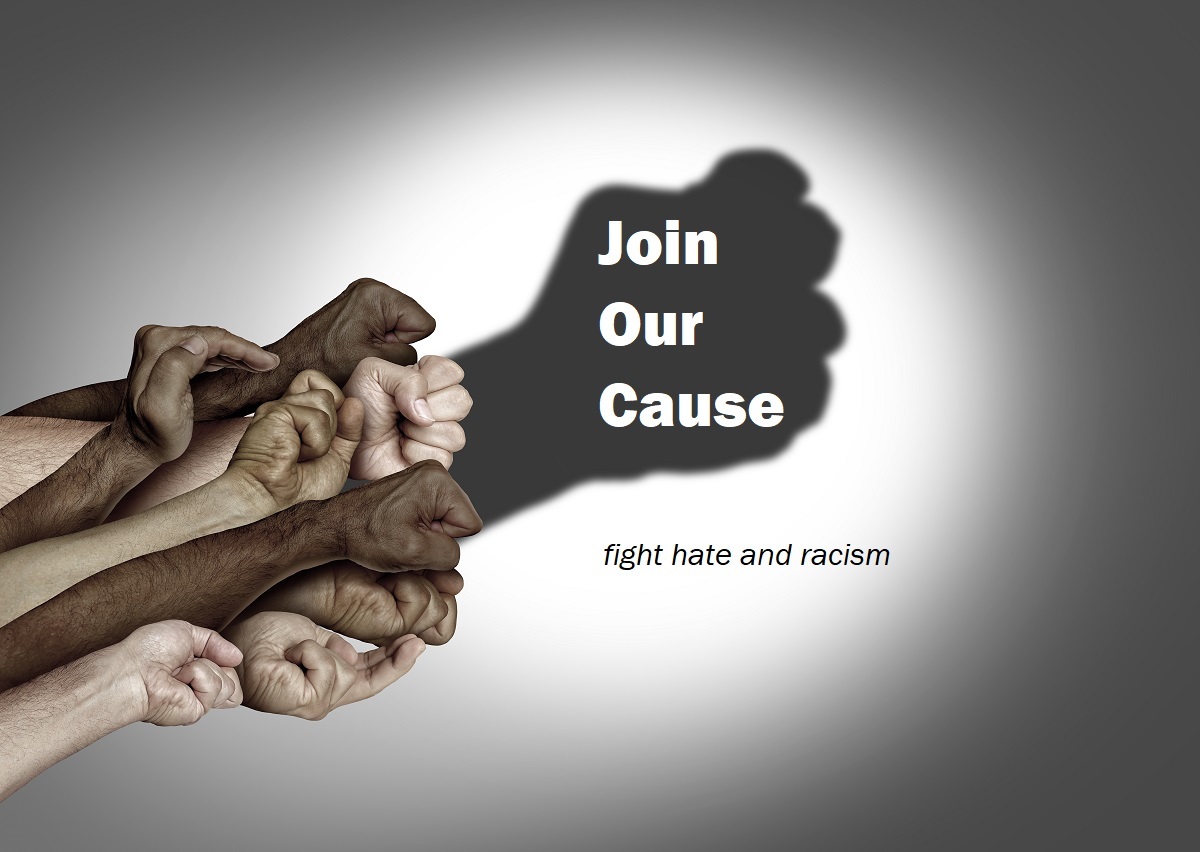Persuasive speeches have been used throughout history to shape public opinion and shape behavior, and examples abound. Persuasive speech examples include virtually any topic – voting, racism, school uniforms, safety, organ donation, recycling, and so on.
From a teenager asking his parents to go out with friends to an aspiring politician convincing voters to choose him, many people use a persuasive speech to convince their audience members to do something. A successful persuasive speech entails getting someone to take action and be swayed to the speaker’s side.
What Is A Persuasive Speech?
While an informative speech aims to enlighten the audience about a particular subject, a persuasive speech aims to influence the audience — and convince them to accept a particular point of view.
The central idea is to persuade, whether discussing a persuasive essay or public speaking. This form of communication is a call to action for people to believe in and take action upon something.
Throughout history, persuasive speech ideas and their communicators have played a vital role in driving change, whether on a personal, community, societal, national, or even global level.
We’ve seen leaders and important figures sway public opinions and spark movements. Persuasive speech has been there to raise awareness about a specific issue (e.g., labor rights, gender equality). People have been using such speeches to establish authority, negotiate, and, ultimately, urge the audience to join their side.

What Are Some Examples Of A Persuasive Speech Topic?
There’s a wide range of good persuasive speech topics. To give you an idea, here’s a list of persuasive speech topics:
- Social media is taking a toll on young people’s mental health
- Cell phones and too much screen time are making people lazier
- Violent video games make people more aggressive
- Why authorities must ban fast food for children
- Schools and workplaces should take more action to curb obesity rates
- Why public schools are better than private ones
- College athletes should undergo steroid tests
- There’s more to high school and college students than their GPAs
- Should award-giving bodies rely on the popular vote or the judges’ vote?
- There’s a need to regulate the use of painkillers more heavily
- Cloning must not be legalized
- More government budget should be allocated to health care
- Why businesses must invest in renewable energy
- Should military units be allowed to use drones in warfare?
- How freedom of religion is affecting society
- Libraries are becoming obsolete: A step-by-step guide on keeping them alive
- Should euthanasia be allowed in hospitals, clinical settings, and zoos?
- Developing countries must increase their minimum wage
- Global warming is getting more intense
- The death penalty must be abolished
What Is An Example Of How Start Of A Persuasive Speech?
Persuasion is an art. And when you’re given the chance to make a persuasive speech, one of the first things you must do is to settle down with a thesis statement. Then, you must identify at least two main points, pre-empt counterarguments, and organize your thoughts with a persuasive speech outline.
Remember that your opening (and closing) statements should be strong. Right at the start, you must captivate your audience’s attention. You can give an impactful factual statement or pose a question that challenges conventional views.
The success of a speech doesn’t only end with writing a persuasive one. You must also deliver it with impact. This means maintaining eye contact, keeping your posture open, and using a clear voice and an appropriate facial expression.
What Are The 3 Points To Persuasive Speech?
There are three pillars of a persuasive speech. First is ethos, which taps into the audience’s ethical beliefs. To convince them and establish your credibility, you must resonate with the morals they uphold.
The second one is pathos, which refers to the emotional appeal of your narrative. One approach is to share an anecdote that your audience can relate to. To effectively appeal to your audience’s emotions, you must also use language, tone, diction, and images to paint a better picture of your main point.
On other other hand, logos appeals to logic. This is why it’s important to pepper your speech with facts.
How Are Persuasive Speeches Used?
You may know persuasive speeches as those stirring speeches delivered by politicians and civil rights and business leaders. In reality, you yourself could be using it in everyday life.
There are different types of persuasive speeches. While some mobilize bigger movements, others only persuade a smaller audience or even just one person.
You can use it in a personal context. For example, you’re convincing your parent to extend your curfew or eat at a certain restaurant. In grander ways, you can also use it to advocate for social and political movements. If you’re in business, marketing, or sales, you can use persuasive speech to promote your brand and convince others to buy your product or service.
For example, a teen might try to persuade a parent to let them stay out beyond curfew, while a civil rights leader might use persuasion to encourage listeners to fight racism.
No matter the context of your speech, an effective persuasive speech can compel someone or a group of people to adopt a viewpoint, take a particular action, and change a behavior or belief.

What Are Persuasive Speech Examples?
This AI-created speech about walking shows how a persuasive speech is laid out, using Monroe’s Motivated Sequence (i.e., attention, need, satisfaction, visualization, and call to action) to convey the message that walking can overcome the risks of modern life
The introduction sets up the speech:
“Let’s be honest, we lead an easy life: automatic dishwashers, riding lawnmowers, T.V. remote controls, automatic garage door openers, power screwdrivers, bread machines, electric pencil sharpeners… We live in a time-saving, energy-saving, convenient society. It’s a wonderful life. Or is it?”
Unfortunately, lack of exercise leads to health problems. Walking can overcome the effects of lack of exercise, lethargy, and poor diet. The body of the speech delves into this concept in detail and then concludes with a call to the audience to walk more.
AI pick up the pattern that many living persons have perfected over the year.
Maya Angelou, an American poet and civil rights activist, delivered this compelling poem as a persuasive speech. The performance concludes with this inspiring message about overcoming hardship and discrimination: “Leaving behind nights of terror and fear, I rise/ Into a daybreak that’s wondrously clear, I rise/ Bringing the gifts that my ancestors gave/ I am the dream and the hope of the slave/ I rise, I rise, I rise.”

What Are Some Historical Examples Of Persuasive Speech?
Maya Angelou is just one of the important figures who have delivered powerful speeches etched in history. These individuals have risen and relayed impactful messages, championing advocacies that would resonate with people during their time — and beyond.
Below are more moving examples of a persuasive speech:
The Gettysburg Address by Abraham Lincoln
Context: In November 1863, during the American Civil War, US President Abraham Lincoln delivered this speech in commemoration of the dedication of the Gettysburg National Ceremony (also known as the Soldiers’ National Ceremony).
Snippet: “Now we are engaged in a great civil war, testing whether that nation or any nation so conceived and so dedicated, can long endure. We are met on a great battlefield of that war. We come to dedicate a portion of it as a final resting place for those who died here, that the nation might live. This we may, in all propriety, do.
“But, in a larger sense, we can not dedicate, we can not consecrate, we can not hallow, this ground, The brave men, living and dead, who struggled here, have hallowed it, far above our poor power to add or detract. The world will little note nor long remember what we say here; while it can never forget what they did here.
“It is rather for us, the living, we here be dedicated to the great task remaining before us that, from these honored dead, we take increased devotion to that cause for which they here, gave the last full measure of devotion that we here highly resolve these dead shall not have died in vain; that the nation, shall have a new birth of freedom, and that government of the people, by the people, for the people, shall not perish from the earth.”
The Finest Hour by Winston Churchill
Context: In his nearly 40-minute long speech in June 1940, over a month since Winston Churchill became the British Prime Minister, he sparked hope that they could win the impending Battle of Britain during the Second World War.
Snippet: “What General Weygand called the Battle of France is over. I expect that the Battle of Britain is about to begin. Upon this battle depends the survival of Christian civilization. Upon it depends our own British life, and the long continuity of our institutions and our Empire. The whole fury and might of the enemy must very soon be turned on us. Hitler knows that he will have to break us in this Island or lose the war.
If we can stand up to him, all Europe may be free, and the life of the world may move forward into broad, sunlit uplands. But if we fail, then the whole world, including the United States, including all that we have known and cared for, will sink into the abyss of a new Dark Age made more sinister, and perhaps more protracted, by the lights of perverted science. Let us, therefore, brace ourselves to our duties, and so bear ourselves that, if the British Empire and its Commonwealth last for a thousand years, men will still say, ‘This was their finest hour.’”
I Have a Dream by Mary Wollstonecraft
Context: In her 1792 speech, the British writer and women’s rights advocate shared her dream — that a day will come when women will be treated as rational human beings.
Snippet: “These may be termed utopian dreams. – Thanks to that Being who impressed them on my soul, and gave me sufficient strength of mind to dare to exert my own reason, till, becoming dependent only on him for the support of my virtue, I view, with indignation, the mistaken notions that enslave my sex.
“I love man as my fellow; but his scepter, real or usurped, extends not to me unless the reason of an individual demands my homage; and even then, the submission is to reason and not to man. In fact, the conduct of an accountable being must be regulated by the operations of its own reason; or on what foundation rests the throne of God?”
These snippets of their persuasive speech capture the very essence of this form of communication: to convince the audience through compelling and valid reasoning, evoking their feelings and moral principles, and motivating them to act and join a movement, big or small.

